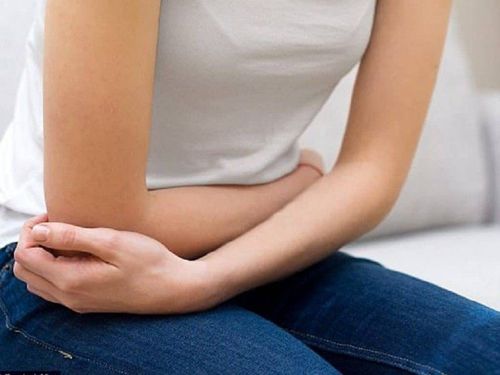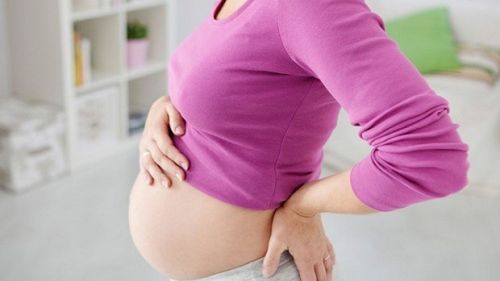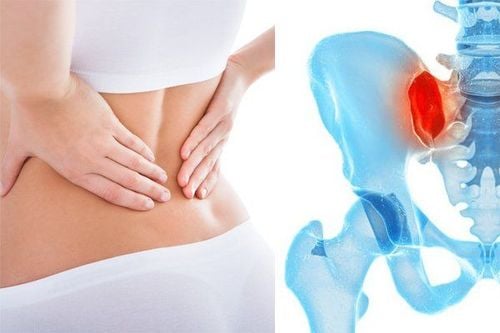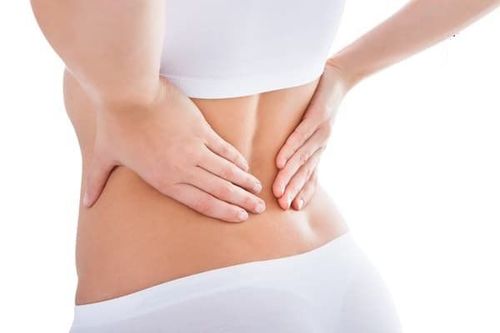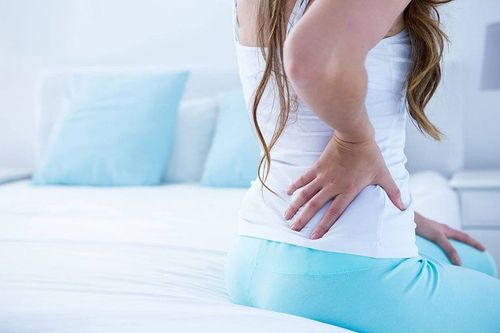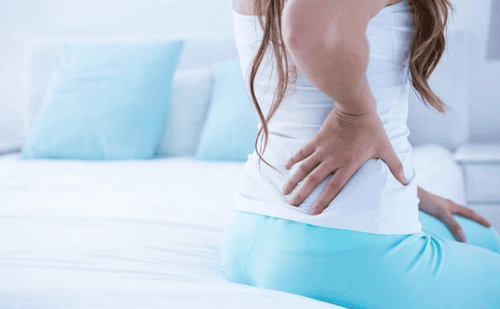This is an automatically translated article.
The article was professionally consulted by MSc, Dr. Trinh Thi Thanh Huyen - Obstetrician and Gynecologist - Department of Obstetrics and Gynecology - Vinmec Hai Phong International General HospitalPostpartum perineal pain is one of the common problems among postpartum women. There are many causes of postpartum pelvic pain, related to both pregnancy and labor. Women with postpartum pelvic pain can take steps to relieve their symptoms and pain.
1. Why do women have pelvic pain after giving birth?
Complaining of postpartum perineal pain is a common fact among most women. The process of labor and delivery to bring a baby weighing 3 to 4 kg out through the small birth canal can cause trauma to the genital tract, especially vaginal tear. Therefore, it is not surprising that a woman feels pain and burning in the perineal area.The recovery time and degree of postpartum perineal pain experienced by every woman will vary by method of delivery and by person and by birth. However, postpartum perineal pain can be classified into the following cases:
Normal vaginal delivery without tearing: The entire perineum and rectum area will be swollen, edematous after delivery and feeling Discomfort in this area usually lasts for about three to five weeks. Vaginal tear or episiotomy: the wound can heal in about seven to ten days. However, the woman will feel particularly painful and sensitive for at least six weeks or more.
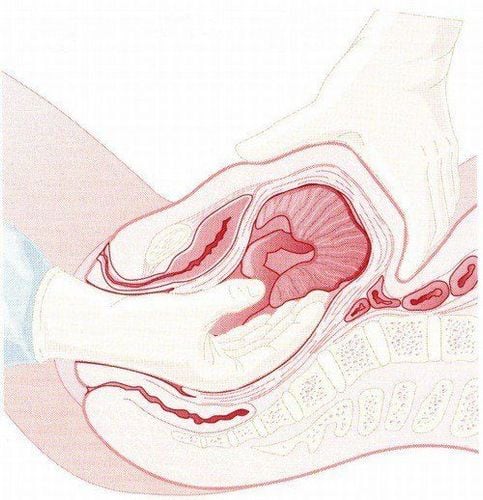
Phụ nữ bị đau vùng chậu sau sinh có thể là do vết rách âm đạo
2. Measures to help relieve postpartum pelvic pain
The following may be recommended ways to relieve perineal pain after childbirth, which can be used by both women who have a vaginal delivery and by cesarean section:Keep the perineal wound clean. Wash the wound with warm water every day and after urinating so that the urine does not irritate the damaged skin. Apply cold to reduce swelling and soothe the wound: clean surgical gloves filled with shaved ice or a pad with a cold pack are recommended. Dressing the wound should not be too tight as this can increase the risk of infection. Taking a warm bath, especially the hips and buttocks, for 20 minutes, repeated several times a day, or applying a warm compress will ease discomfort.
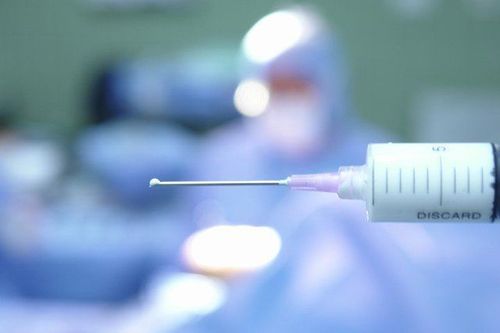
Bác sĩ khuyến cáo sử dụng thuốc gây tê để giảm đau xương chậu
Master. Trinh Thi Thanh Huyen is highly trained in obstetric ultrasound, laparoscopic surgery and hysteroscopy at the National Hospital of Obstetrics and Gynecology and has more than 13 years of experience working at Hai Phong Obstetrics and Gynecology Hospital. Currently, the doctor is an Obstetrician and Gynecologist at Vinmec Hai Phong International General Hospital.
If you have a need for consultation and examination at Vinmec Hospitals under the national health system, please book an appointment on the website for service.
Please dial HOTLINE for more information or register for an appointment HERE. Download MyVinmec app to make appointments faster and to manage your bookings easily.




